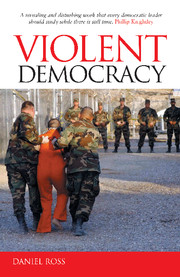Book contents
Chapter 4 - The Great Debate
Published online by Cambridge University Press: 22 September 2009
Summary
Can one tell — that is to say, narrate — time, time itself, as such, for its own sake? That would surely be an absurd undertaking. A story which read: “Time passed, it ran on, the time flowed onward” and so forth — no one in his senses could consider that a narrative. It would be as though one held a single note or chord for a whole hour, and called it music. For narration resembles music in this, that it fills up the time. It “fills it in” and “breaks it up,” so that “there's something to it,” “something going on.”[ . . .] For time is the medium of narration, as it is the medium of life.
Thomas MannThere is a common experience that as one ages the passage of time ineluctably accelerates. The period from one birthday to the next is for a small child akin to the passing of an aeon. For an adult, however, a birthday is frequently accompanied by a disturbing sense that yet another entire year has passed in almost no time at all. The perception of temporal passage seems determined by the frequency of significant events that interrupt the ordinary flow from one moment to the next to the next. The perception of time's rate of flow is determined by the density of the medium. This density is a function of the number of changes, actions, and discoveries.
- Type
- Chapter
- Information
- Violent Democracy , pp. 80 - 103Publisher: Cambridge University PressPrint publication year: 2004



